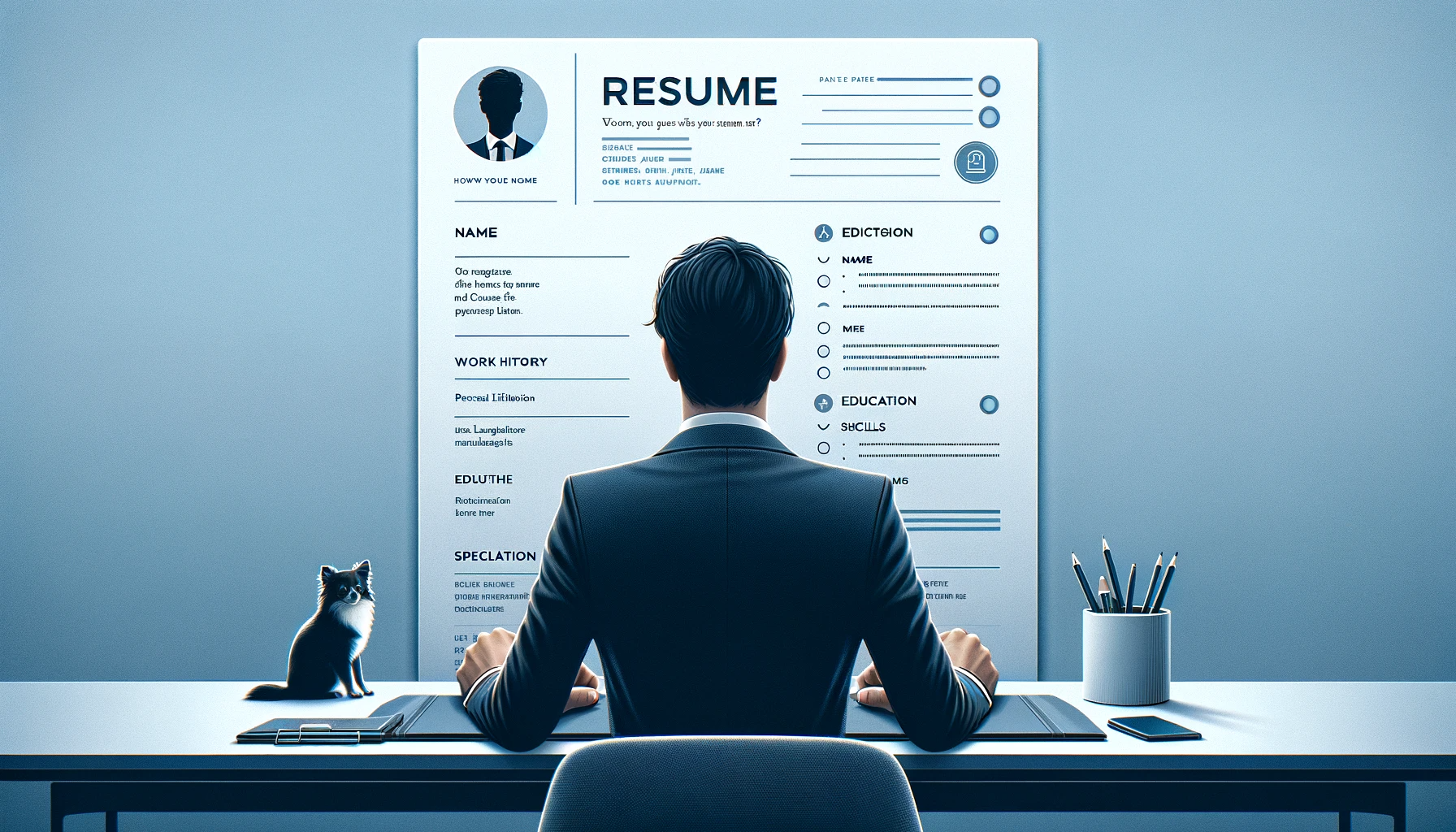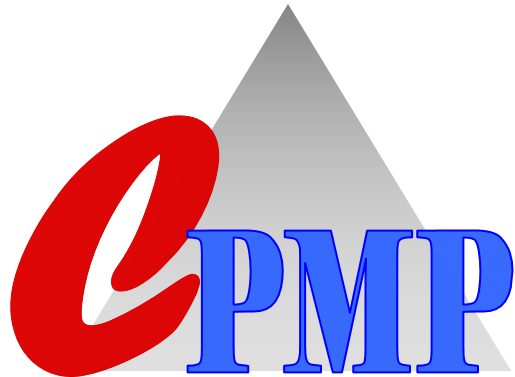
19 Common Interview Questions and Answers
Interview questions help recruiters assess a candidate's suitability for a role. Answering questions is an opportunity for the job seeker to share career highlights, address weaknesses, and show their personality. In this article, we will look at 19 common interview questions and share sample answers to help you prepare for an interview.
Common Interview Questions
Here are some of the most common interview questions you may encounter along with some tips for preparing your answers:
-
Tell me about yourself.
-
How would you describe yourself?
-
What makes you unique?
-
Why do you want to work here?
-
What interests you about this role?
-
What motivates you?
-
What are you passionate about?
-
Why are you leaving your current job?
-
What are your greatest strengths?
-
What are your weaknesses?
-
What are your goals for the future?
-
Where do you see yourself in five years?
-
Can you tell me how you overcame a stressful work situation?
-
What is your salary range expectation?
-
Why should we hire you?
-
Do you have any questions?
-
What did you like most about your last position?
-
What did you like least about your last position?
-
What is your greatest accomplishment?
1. Tell me about yourself.
Begin with an overview of your current position, then focus on relevant highlights from your background. If you have any unique hobbies or interests, you can share them here.
Example: “I serve as the assistant to three of my company's five executive team members, including the CEO. By anticipating roadblocks, I've created effective alternate plans. I thrive on making sure every day has a clear, well-communicated structure."
2. How would you describe yourself?
The interviewer is looking for ways you stand out and think about yourself. Share two to three unique traits that you think make you a good fit.
Example: “I am hardworking and a team player. In the past, I've made sure my team was successful in their projects and took measures to ensure everyone was on board with any changes.”
3. What makes you unique?
Focus on why you are the ideal candidate for the position. Sharing a unique hobby or skill is beneficial to helping you stand out.
Example: “Because I have had practice fielding shoppers' questions, feedback, and complaints, I know what customers expect in the retail world. I use my own talents as a shopper to determine what customers may need in the future."
4. Why do you want to work here?
Do some research on the products, services, mission, history, and culture of the workplace. If there is something that stands out to you, be sure to share it.
Example: “Your company's dedication to helping college graduates pay off their student loans speaks to me. I'd love to work with a company that's making a difference in this way."
5. What interests you about this role?
Read the job description carefully and identify the role requirements that match your strengths. Focus on things you excel at in your answer.
Example: “I really like that this position focuses on client-patient interactions. I went into pediatric medicine to help children, and being able to have a forward-facing role and seeing patient outcomes brings me joy."
6. What motivates you?
Be as specific as possible, provide real-life examples and relate your answer to the job role.
Example: “Making a difference in the lives of patients motivates me. An eight-year-old in my care experienced rapid weight gain with signs of depression. His parents described him as a usually joyful child. We determined that it was hypothyroidism, which is controllable with medication. The boy has regained his positive outlook thanks to the treatment I prescribed. Outcomes like that are why I am pursuing a position in pediatrics.”
7. What are you passionate about?
Select something that drives you and explain why you're passionate about it. If you have a unique experience, mention it.
Example: "Salon life is my passion. I strive to create a welcoming environment for all clients. My specialized training and interpersonal skills help me cultivate long-term, trusted relationships.”
8. Why are you leaving your current job?
Prepare an answer that will give your interviewer confidence that you're deliberate about this job change. Focus on the future and what you hope to gain in your next position.
Example: “I'm looking for an opportunity that gives me the ability to build long-term relationships with clients. Relationship-building is one of the reasons I chose a career in sales. I look forward to working with a company where that's a top priority.”
9. What are your greatest strengths?
Share qualities and personal attributes that relate to the role for which you're interviewing. If you have a story that demonstrates your skills, be sure to share it.
Example: “I'm a natural problem-solver and I love listening. I work really well in a team environment. When our company had an issue between two clients, I was able to quickly resolve the situation in a friendly manner."
10. What are your weaknesses?
Sharing your weaknesses shows that you are self-aware. Be honest about how you have worked through challenging experiences. If possible, include how you've improved on these over time.
Example: “Earlier in my career, I was so enthusiastic about my work that I would say ‘yes' when I should have been saying ‘no.' Being overwhelmed, the stress affected my production quality. I started using workload management tools to tailor more realistic goals."
11. What are your goals for the future?
The best way to handle this question is to express how this role aligns with your ultimate goals. If the company has a core value that matches yours, you can include it in your answer.
Example: “One of the reasons I'm interested in working for a fast-growing startup company is that I'll have the ability to wear many hats and collaborate with a variety of departments. My ultimate goal is to lead a marketing department.”
12. Where do you see yourself in five years?
Provide general ideas about the skills you want to develop, the types of roles you would like to be in and things you would like to have accomplished.
Example: “In five years, I'd like to be an industry expert in my field, able to train and mentor students and entry-level designers alike. I feel that I will be able to grow with this company to achieve my goals.”
13. Can you tell me how you overcame a stressful work situation?
Keep in mind that stories are more memorable than facts and figures. This is also an excellent opportunity to demonstrate your human side and how you're willing to take the initiative without being asked.
Example: “It was the first day of my boss's two-week vacation. Our agency's highest-paying client threatened to leave because he didn't feel he was getting the personalized service we promised him. I spent my lunch hour on the phone with him, talking through his concerns. We even brainstormed ideas for his next campaign. He was so grateful for the personal attention that he signed another six-month contract before my boss even returned from her trip.”
14. What is your salary range expectation?
Research the typical compensation range for the role. Lean toward the higher side of your range. Be sure to let the hiring manager know if you're flexible with your rate.
Example: “My salary expectation is between $40,000 and $50,000. However, I am flexible.”
15. Why should we hire you?
Address the skills and experience you offer and why you're a good fit with your prospective employers' culture.
Example: “I have a passion for application development that's grown stronger over the course of my career. I want to work for a company that has the potential to reshape the industry, and I believe you're doing just that.”
16. Do you have any questions?
Take time to ask the interviewer questions about their experience and the company. This is also a good time to ask about expectations for performance in the role.
Example: “What do you love about working for this company?” or “What are some of the challenges people typically face in this position?”
17. What did you like most about your last position?
Tie your answer to the company's needs. Focus on highlights of your track record at your last job and be as specific as possible.
Example: “What I liked most about my last position was the opportunity to collaborate with other teams. We once worked with a client who was relying on us to solve a critical issue. After I recommended a plan for our team to resolve the issue, we took the time to consider the pros and cons of the solution. When we implemented it, it worked better than everyone expected. The client was very pleased.”
18. What did you like least about your last position?
Mention the positive aspects of your former job first. Focus on your career growth and enthusiasm for joining their organization.
Example: “As an entry-level copy editing position, I enjoyed the opportunity to learn and to put my training into practice. I believe I've grown to a point where I now need other challenges and learning opportunities to continue growing my skills. I hope to bring my enthusiasm for learning to this position."
19. What is your greatest accomplishment?
For interview questions like this, think of a few achievements that you may be proud of that best showcase your work ethic and values.
Example: “In my last role, I managed all social media content. I noticed other brands were experimenting with videos and seeing great engagement from their customers, so I asked my boss if we could do a low-budget test. I produced a video cheaply in-house that drove double the engagement we normally saw on our social channels. In two months, 30% more viewers visited our website.”
